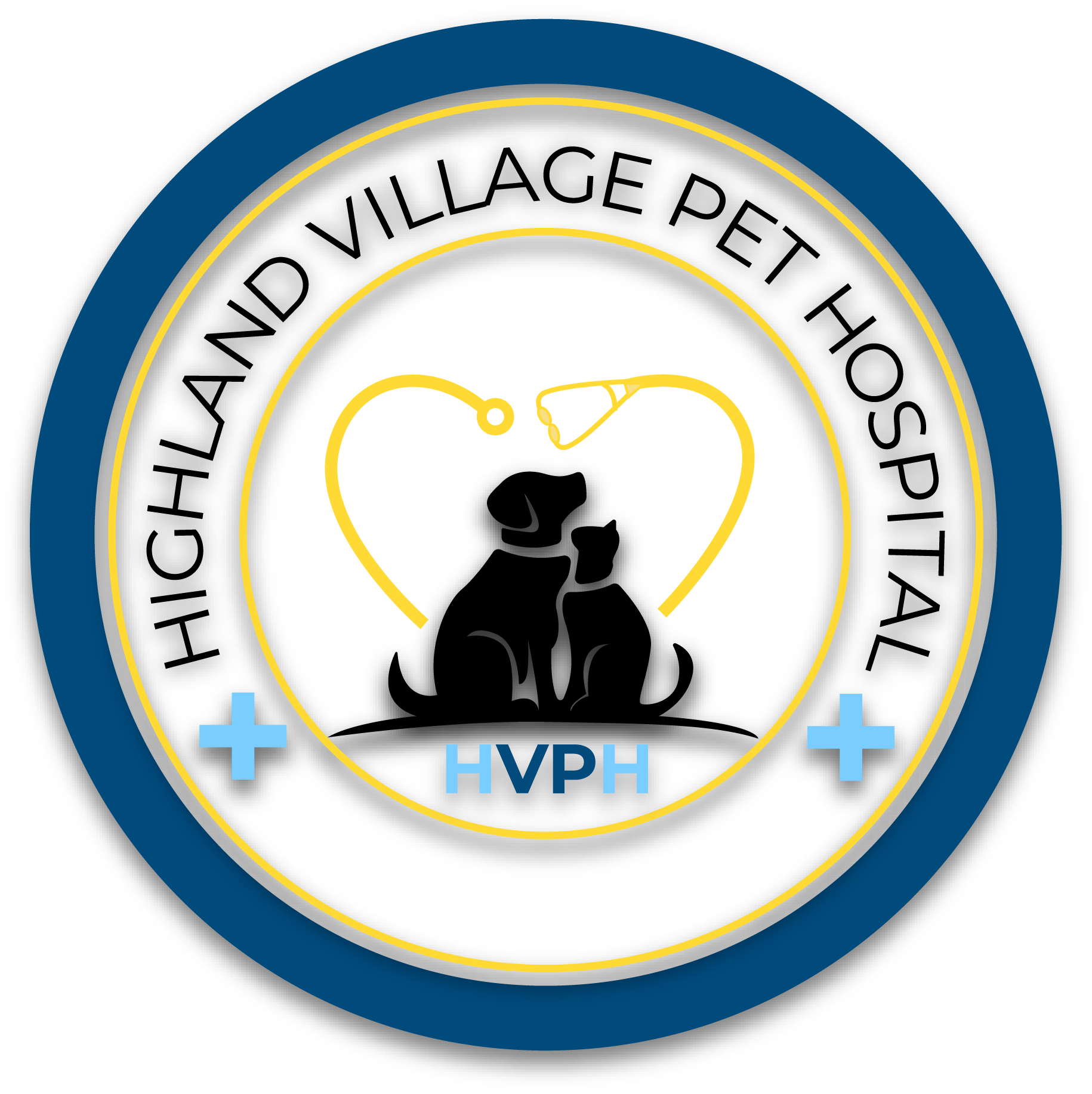Dental Health for Pets: Why Regular Cleanings Are Essential
- Highland Hospital

- May 7, 2025
- 4 min read
Just like humans, pets need regular dental care to maintain good health. While many pet owners are aware of the importance of vaccinations and check-ups, dental health often gets overlooked. However, taking care of your pet’s teeth is just as crucial as any other aspect of their health. At Highland Village Animal Hospital, we believe that proper dental hygiene is vital for your pet’s overall well-being. Let’s take a closer look at why regular dental cleanings are essential for your pet.
The Importance of Dental Health for Pets
Dental disease is one of the most common health problems seen in pets. In fact, by the age of three, most pets show signs of dental disease, including plaque, tartar buildup, and gum disease. If left untreated, dental issues can lead to serious complications that affect your pet’s overall health. Here’s why dental health should be a top priority for pet owners:
1. Prevents Painful Conditions
Dental disease can cause significant pain and discomfort for your pet. Plaque buildup leads to gingivitis (inflammation of the gums), which can eventually progress to periodontal disease. If the disease worsens, it can lead to tooth loss and severe oral infections. Regular dental cleanings help prevent these painful conditions and ensure that your pet’s teeth and gums remain healthy.
2. Protects Against Systemic Health Problems
Did you know that poor dental health can affect more than just your pet’s mouth? The bacteria from dental disease can enter the bloodstream and spread to vital organs like the heart, liver, and kidneys. This can lead to serious conditions such as heart disease or kidney problems. By maintaining your pet’s oral health through regular cleanings, you help prevent these potentially life-threatening issues.
3. Improves Your Pet’s Quality of Life
A pet with dental disease may experience difficulty eating, bad breath, or even behavioral changes due to pain or discomfort. Regular dental cleanings help to maintain healthy teeth and gums, making it easier for your pet to eat, chew, and enjoy their food without pain. A healthy mouth contributes to a happier, more active pet with a better quality of life.
4. Prevents Bad Breath
Bad breath (also known as halitosis) is a common sign of dental disease in pets. While occasional dog or cat breath is normal, persistent bad breath often signals an underlying issue, such as tartar buildup or gum infection. Regular dental cleanings and proper at-home care can keep your pet’s breath fresh and their mouth healthy.
5. Helps Avoid Costly Treatments in the Future
Dental disease is preventable with regular cleanings and proper oral care. However, if left untreated, it can lead to more severe conditions that require expensive treatments, such as tooth extractions or treatments for infections that spread to other organs. By investing in regular dental cleanings, you can save on costly procedures down the road and ensure your pet’s dental health remains optimal.
What Happens During a Dental Cleaning?
At Highland Village Animal Hospital, we take great care to ensure that your pet’s dental cleaning experience is safe and comfortable. Here’s a general overview of what happens during a professional dental cleaning:
Anesthesia
Since pets won’t tolerate the same cleaning process as humans, dental cleanings are done under anesthesia to ensure that your pet is relaxed and comfortable. This also allows the veterinarian to thoroughly clean your pet’s teeth and examine their mouth without causing stress or discomfort.
Scaling and Polishing
The first step of the cleaning process is scaling, which involves removing plaque and tartar buildup from your pet’s teeth using special tools. After scaling, the teeth are polished to remove any remaining debris and smooth the surface, making it harder for plaque to accumulate.
Examination
Once the cleaning is complete, the veterinarian will thoroughly examine your pet’s mouth, gums, and teeth to check for signs of infection, tooth decay, or other issues. If necessary, the vet may take X-rays to look for any underlying problems that aren’t visible on the surface.
Post-Cleaning Care
After the cleaning, your pet will need some time to recover from the anesthesia. They may be slightly groggy for the rest of the day. Your vet will provide specific aftercare instructions, including how to manage your pet’s recovery and when to schedule a follow-up visit if needed.
At-Home Dental Care: What You Can Do
While professional cleanings are essential, maintaining your pet’s dental health between visits is just as important. Here are a few things you can do at home to help keep your pet’s teeth in great shape:
Brush Your Pet’s Teeth Regularly
Brushing your pet’s teeth is one of the best ways to prevent plaque buildup. Use a toothbrush and toothpaste specifically designed for pets. Aim to brush their teeth at least a few times a week to help maintain their oral health.
Dental Chews and Toys
Providing dental chews and toys is another excellent way to keep your pet’s teeth clean and healthy. These items help reduce plaque buildup while also providing mental stimulation and exercise.
Regular Check-ups
Regular vet visits are crucial for monitoring your pet’s dental health. Your vet can identify any early signs of dental disease and recommend the appropriate care.
Conclusion
Dental health is a crucial aspect of your pet’s overall well-being, and regular dental cleanings are essential for keeping your furry friend’s teeth and gums healthy. At Highland Village Animal Hospital, we are dedicated to providing the highest level of dental care for your pet. From professional cleanings to at-home tips, we’re here to ensure your pet has a bright, healthy smile for years to come.
Contact us today to schedule your pet’s dental cleaning and give them the gift of a healthy mouth and a happy life!







Comments